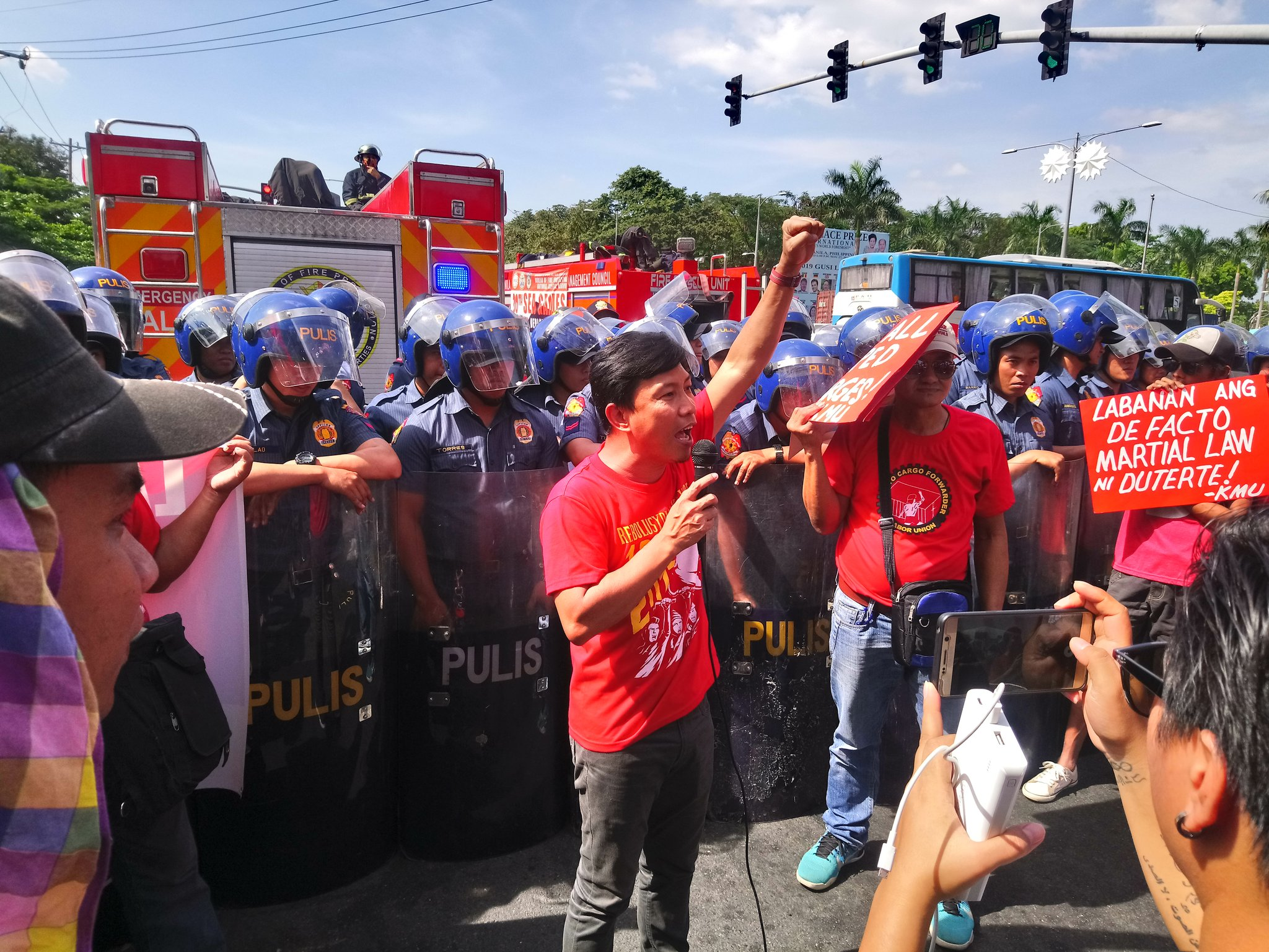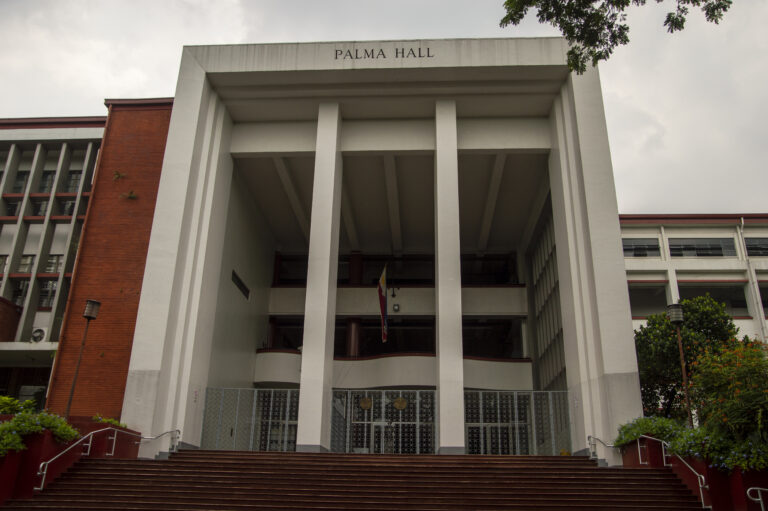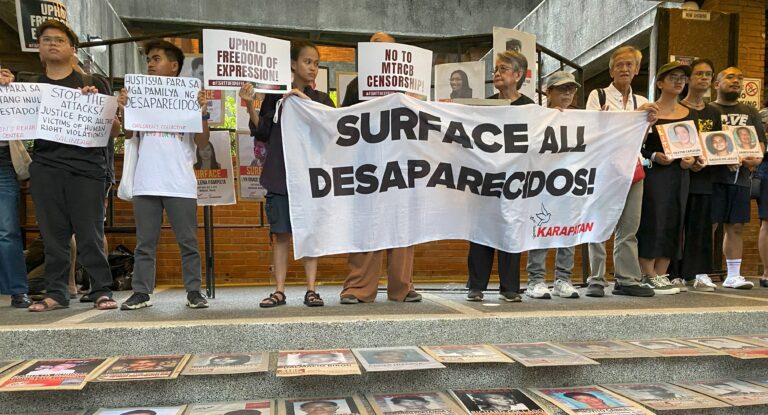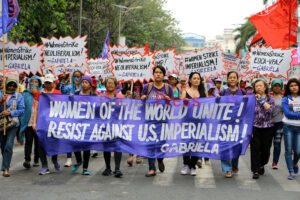
The past week has been a witness to the countless flags raised on billions worth of money wasted, and to a government official who breached professionalism in a desperate attempt to save face. It is, perhaps, a well-crafted exposè, featuring supposed government agencies scrambling to cover up their irresponsibility and inefficiency in allocating taxpayers’ money.
The rotten agenda
As a constitutional body, the Commission on Audit (COA) has successfully uncovered and queried government agencies’ dubious use of funds originally allocated for the relief and assistance of Filipino workers.
For instance, the Department of Labor and Employment (DOLE) was flagged for P22 million worth of undistributed funds supposedly meant for distribution to the displaced workers amid the economic crisis, leaving many of them hungry, unable to pay for their electricity or rent, and drowning in debt.
Although DOLE included in its report that it has provided money for the relief of overseas Filipino workers, the ratio of recipients to the total number of OFWs who came home this year features a large and undeniable disparity.
To illustrate, out of over 600,000 OFWs, only 176,182 workers were given financial aid. Additionally, from the small percentage of beneficiaries of the Bayanihan 1 and 2, there remains more than P111 million worth of financial assistance that have not yet been distributed.
Although many high-ranking officials dare say that the government has little to no money, lump sums are allocated for the use of the state forces. And, as Kilusang Mayo Uno Spokesperson Jerome Adonis puts it, the COA report only proves how inefficient and questionable the people’s funds are being spent.
The DOH’s misused and unused funds worth P67 billion, for instance, serves as proof of the government’s “gross violation” to the Filipinos who deserve quality health care, Ka Jerome underscores in an exclusive interview with SINAG.
After more than a year of struggle due to the Duterte administration’s failed pandemic response, many healthcare workers have either already fallen sick or died, and are still yet to receive proper compensation. Their demands have been constantly met with the barest minimum.
“Kulang sa kalinga, kulang talaga sa malasakit, kulang sa political will itong rehimeng Duterte,” Ka Jerome asserted.
He furthers that the health workers are establishing legitimate calls, and that the workers’ sector stands by them to assert their rights and demand adequate support from the national government that has long neglected them. With thebillions of misused funds uncovered by the COA, Ka Jerome zeroes in that this is a big anomaly wrapped around the system of the whole Duterte regime — it is a manifestation of his inutile and self-serving “national leadership.”
Painting a grim picture, the Technical Skills and Education Development Agency (TESDA) reportedly transferred P160 million for the use of the National Task Force to End Local Communist Armed Conflict (NTF-ELCAC), the agency notorious for its attacks on activists and civilians. Aside from its massive budget allocation in the national budget, the agency blatantly takes from other agencies as well to intensify its counterinsurgency efforts.
Ka Jerome especially highlighted that KMU, alongside other sectors, have persistently called for the NTF-ELCAC’s defunding as it is an overt waste of budget. Yet, with the state’s large sum of funds and debts, wage hikes remain meager. In Duterte’s term alone, wages only increased twice, with its real value deteriorating. Stressing on their rights underscored in the Labor Code, Ka Jerome asserts that workers also had to deal with the state’s malversion of their right to unionize and strike.
“Kung i-1 + 1 ko, ‘yung tax mo, ibinigay mo sa gobyerno para bumili ng bala, ng baril para patayin tayo. Anong klaseng gobyerno ito?” Ka Jerome stated.
The rampant urgency
What better way to combat systemic corruption and abuse than collective action?
Ka Jerome asserts it is imperative that these irregularities be exposed by and to the people who deserve to know where their taxes are going. When asked about the workers’ movement, in general, he says that looking at the reality of the Filipino people is key to understanding the real cost of the plight incurred by the “pro-capitalist and anti-people Duterte administration.”
Although Ka Jerome asserts it is simple to show the people the need for collective struggle, essentially, it all boils down to discourse and making the information readily available to the majority of the people. Philippine society is formed by a history of clashing class interests since time immemorial, and it is solely through correctly investigating and critically observing the situation of the masses that the people are able to work together and comprehend the prevailing conditions of the Filipino masses.
In the same vein, more than arousal, encouragement to take action must reach them to understand the significance of the workers’ movement, of the people’s legitimate demands to the government.
The workers’ assertiveness in collective action have engendered wins in the form of collective bargaining agreements with companies. These are negotiations made between corporations and the workers to settle matters on wage, labor rights, and their working conditions. However, the struggle still has a long way to go.
“Tuloy-tuloy kaming magsusulong ng demands kasama ang iba’t ibang sektor,” Ka Jerome stated.
Particularly, Ka Jerome highlights the workers’ sector’s simple demands: that their rights be protected and respected, that their wages increase to a livable rate, and that contractuals be made regular.
Likewise, among the many calls the workers’ sector have constantly clamored include the aims of the Ayuda Network Campaign, demanding that the national government provide P10k financial aid to all Filipino families; the P100 daily wage subsidy as the real value of their wages decreased by P100 due to inflation; the student aid to provide help in for students’ online classes; and the farmers’ P15k production subsidy.
The resounding duty
A multi-sectoral approach can come close to making the workers’ movement more successful. Ka Jerome asserts their calls and struggle can never be isolated from that of other sectors: the peasants, the urban poor, the indigenous peoples, the women, and the youth.
“Tayo ang pinagsasamantalahan, dapat magsama-sama tayo,” Ka Jerome stated.
He emphasizes that the youth is integral to all sectors’ fight against the oppressive system of the Duterte regime. When asked about his message to the youth, he starts off with the classical Jose Rizal quote, “ang kabataan ang pag-asa ng bayan.” Ka Jerome, however, tweaks significant angles and goes on to say that for the youth to be the hope of the society, one must be an activist and must possess a critical outlook on prevalent issues, scrutinizing why Philippine society is the way it is now.
He furthers it is crucial that the youth participate in the struggle as belonging to a “third world country” entails deepening aggravations and long-entrenched exploitation which they may never escape from.
“Kailangan ang kabataan na makisama sa pakikibaka dahil taglay ninyo ‘yung lakas ng katawan, ‘yung talino, ‘yung kritik sa pamahalaan. ‘Yun ‘yung kailangan namin para maguide kami sa pang-araw araw na pakikipagtunggali,” he asserted.
The anomalies reported by COA stand as further proof of the stench the Duterte regime’s rotten “national leadership” reeks of. It zeroes in on the state’s real priority, their subservience to foreign firms, the repression they incur, allotting billions for the state forces just to curtail the people’s basic rights. It presents the strongest evidence of the most notorious thief in the country as he pockets the people’s money, depriving Filipinos of the progress they have long sought.
Again, this all boils down to critical and accessible discourse to the people to engender arousal and encourage collective action. All sectors play an important role in the struggle, sourcing their knowledge and drive from the basic masses they long to serve and be with, as Ka Jerome asserts and hopes the youth’s “progressive and revolutionary tradition” may live on.
“[Ang kabataan ay dapat] makiisa sa pakikibaka nila [masa] tungo sa isang lipunang nakatungtong sa makatwiran, makatarungan, makatao, at tunay na hustisya. Sama sama tayong magpupundar ng isang bago at makatao, progresibo, at makabayang lipunan sa hinaharap,” Ka Jerome asserts.
Featured image courtesy of Philippine Collegian.







